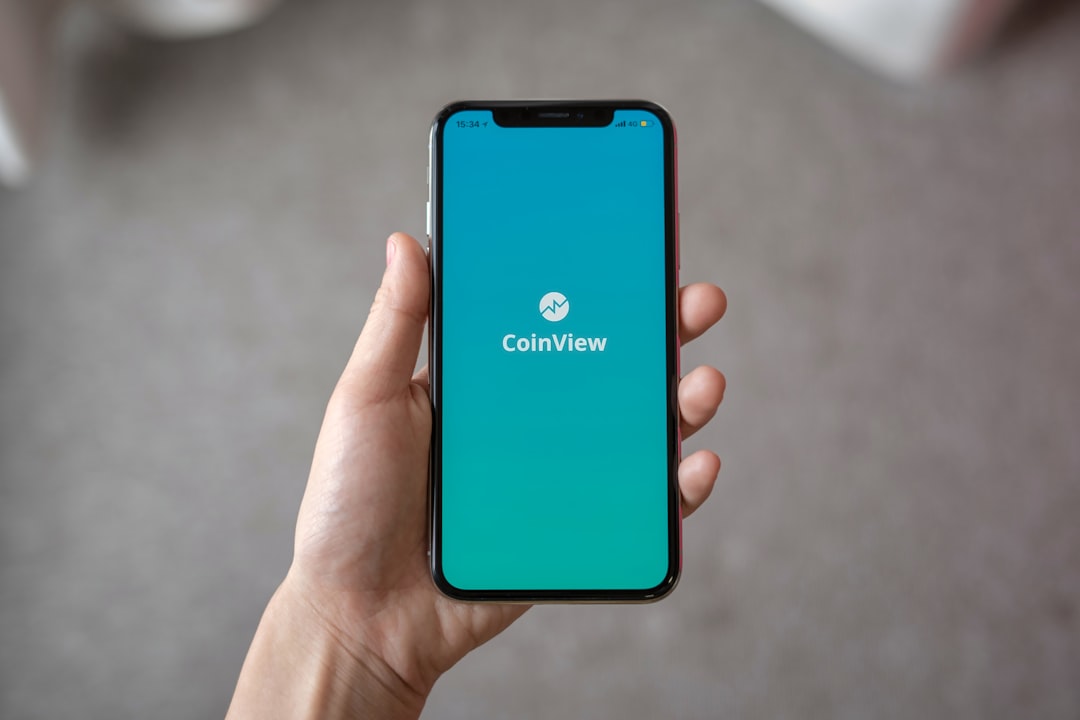Michigan's Do Not Call Laws protect residents from unwanted telemarketing, but caller ID spoofing disrupts peace and raises fraud concerns. Scammers use advanced tech to mask identities, making it hard to differentiate legitimate calls from scams. Residents are urged to stay alert and educated about these scams while leveraging the state's "Do Not Call" service for better protection.
In today’s digital age, Caller ID spoofing has emerged as a growing concern for Michigan residents. This deceptive practice, where calls display false information, can lead to increased fraud and scams. Understanding Caller ID spoofing is crucial, especially with the state’s robust Do Not Call laws designed to protect its citizens. This article delves into the rise of spoofed calls, their impact on Michiganders, and how these laws play a vital role in mitigating this modern-day nuisance.
Understanding Caller ID Spoofing in Michigan

Caller ID spoofing is a deceptive practice where a caller intentionally falsifies or hides their identity on a phone call. In Michigan, this issue has gained significant attention due to its potential impact on residents and the state’s stringent Do Not Call Laws. When a caller spoofs their ID, it can be challenging for recipients to identify the actual source of the call, leading to concerns about privacy and potential scams.
Michigan’s Do Not Call Laws aim to protect residents from unwanted telemarketing calls, but spoofing makes enforcement difficult. Spoofed calls can appear as local numbers, making them seem legitimate. This practice not only disrupts personal peace but also raises alarms regarding fraud and identity theft. Understanding this tactic is crucial in combating its effects, especially as technology advances, making it easier for scammers to target Michigan residents.
Do Not Call Laws: Protecting Residents

In Michigan, just like in many other states, Do Not Call laws are designed to safeguard residents from unwanted phone calls. These laws allow citizens to register their phone numbers on a state-mandated “Do Not Call” list, effectively blocking telemarketing and sales calls. This measure has been instrumental in reducing the number of intrusive and often deceptive calls, providing Michigan residents with peace of mind and control over their communication preferences.
By enrolling in the Do Not Call list, Michigan residents can rest assured that their personal and family time is protected from relentless marketing efforts. The laws also empower individuals to take action against caller ID spoofing by reporting suspicious numbers. This dual approach ensures a safer and more secure phone environment for all Michigan citizens.
The Rise of Scams and Spoofed Calls

In recent years, the rise of caller ID spoofing has become a significant concern for Michigan residents, as it has opened a new avenue for scammers to target unsuspecting victims. With advancements in technology, it’s now easier than ever for call perpetrators to mask their identities, making it difficult for individuals to distinguish legitimate calls from potential scams. This deceptive practice involves intentionally misleading phone numbers displayed on caller ID, often using automated systems to generate fake or stolen numbers.
Michigan, like many other states, has stringent Do Not Call Laws in place to protect residents from unwanted telemarketing calls. However, with the evolution of spoofing techniques, these laws are becoming less effective. Scammers exploit loopholes and use sophisticated tools to bypass the regulations, ensuring they can continue their fraudulent activities. As a result, Michigan residents are advised to remain vigilant and educated about these scams to protect themselves from potential financial losses and identity theft.






